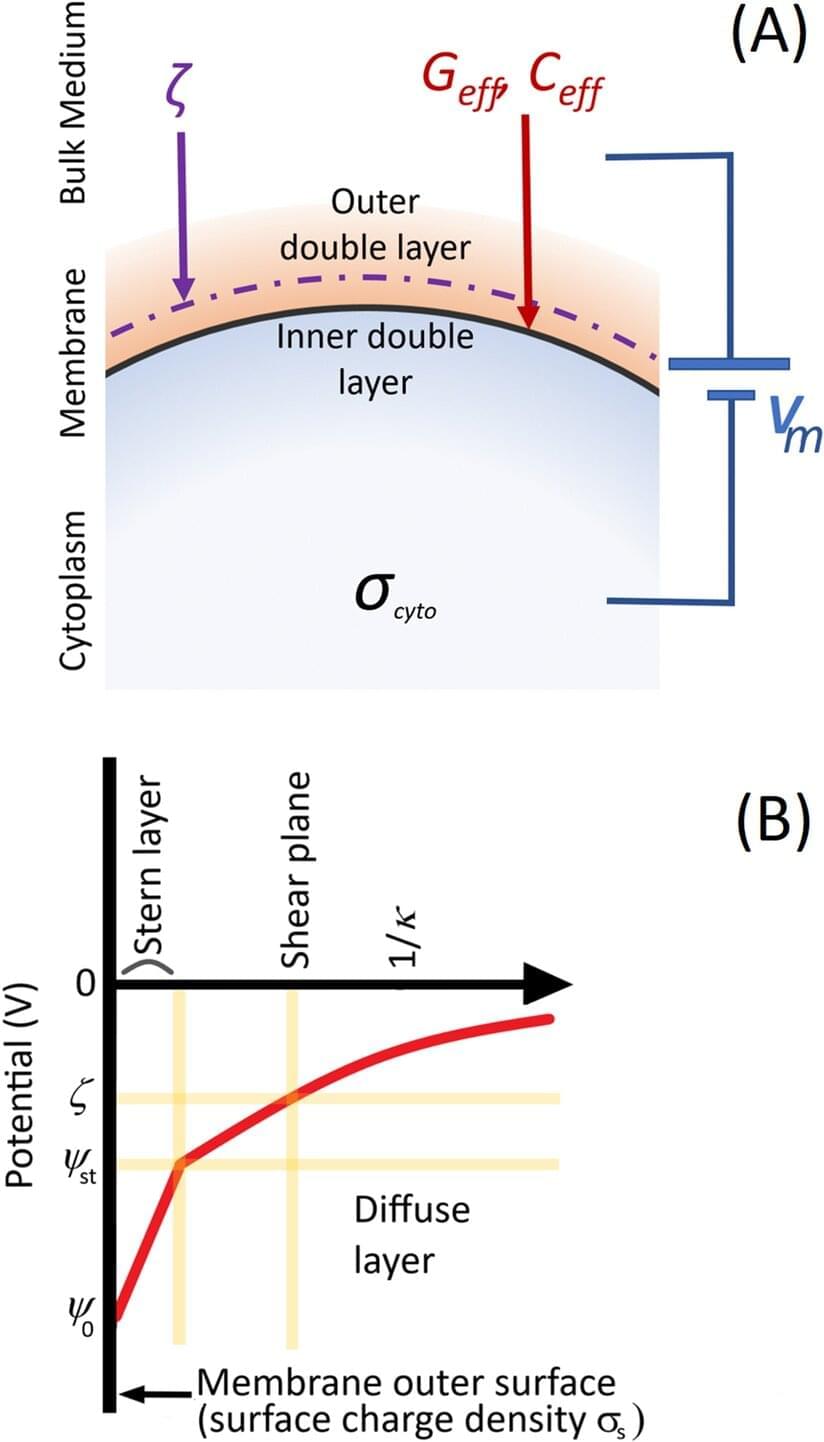India is entering the space industry.
India is opening doors for private companies to enter space.
PM Narendra Modi launched the Indian Space Association that will serve as a “single-window” for matters of space technology.
What is India’s game plan to win the global space race?
Palki Sharma tells you.
#India #PMModi #IndianSpaceAssociation.
About Channel:
WION-The World is One News, examines global issues with in-depth analysis. We provide much more than the news of the day. Our aim to empower people to explore their world. With our Global headquarters in New Delhi, we bring you news on the hour, by the hour. We deliver information that is not biased. We are journalists who are neutral to the core and non-partisan when it comes to the politics of the world. People are tired of biased reportage and we stand for a globalised united world. So for us the World is truly One.






